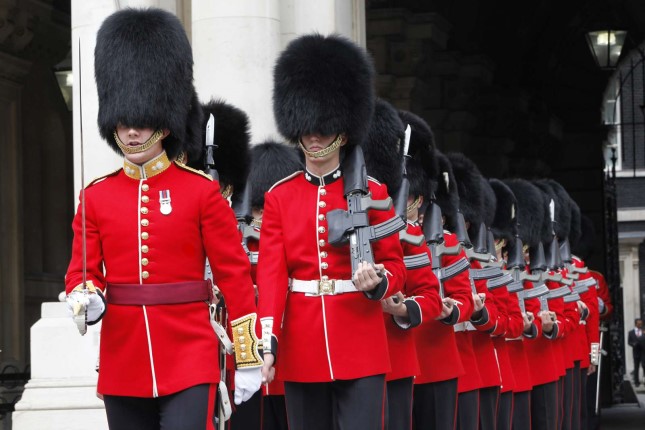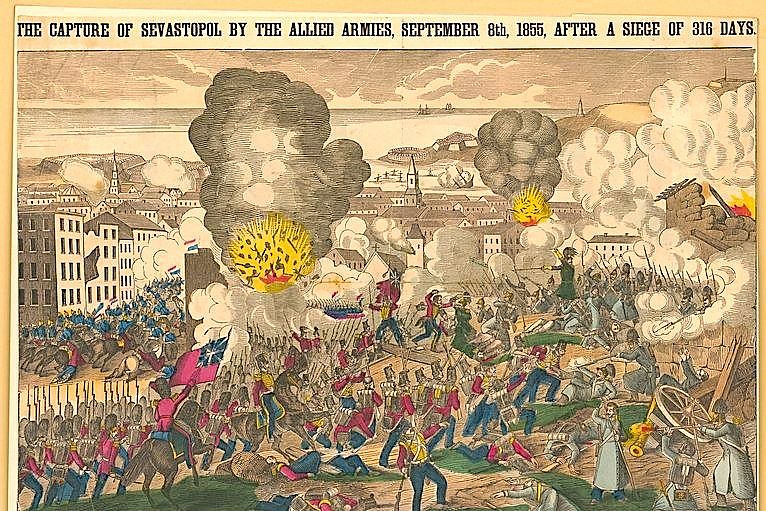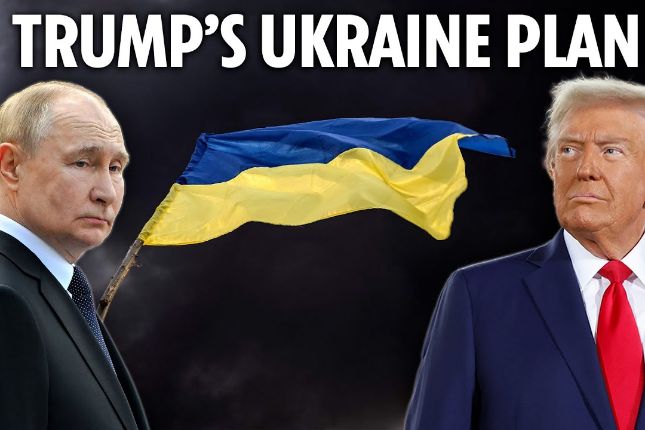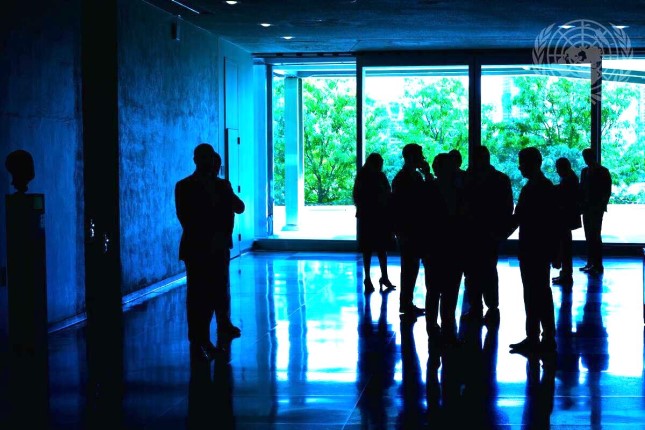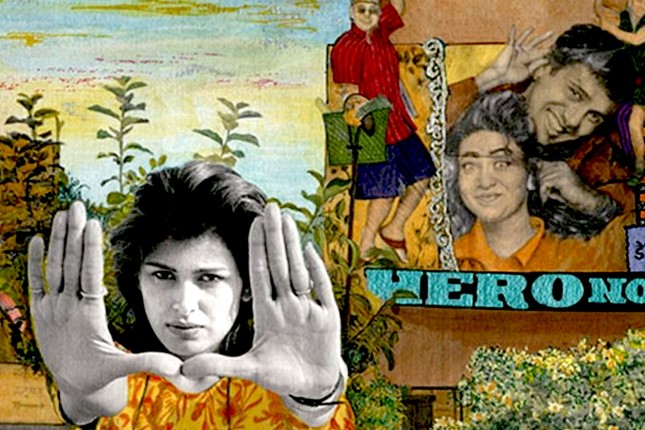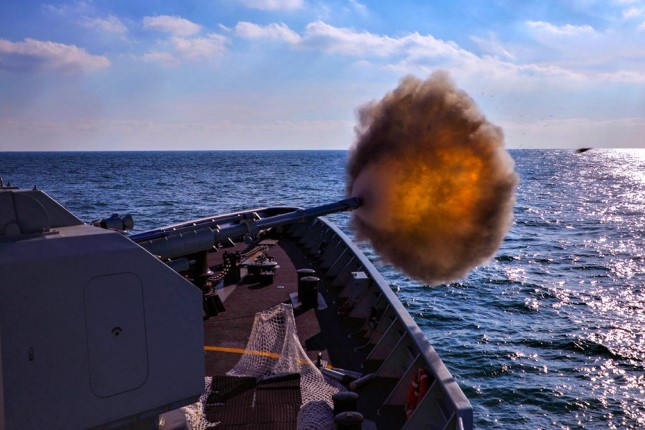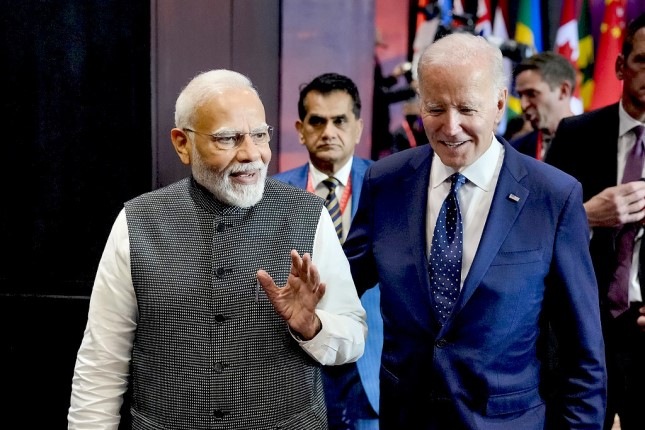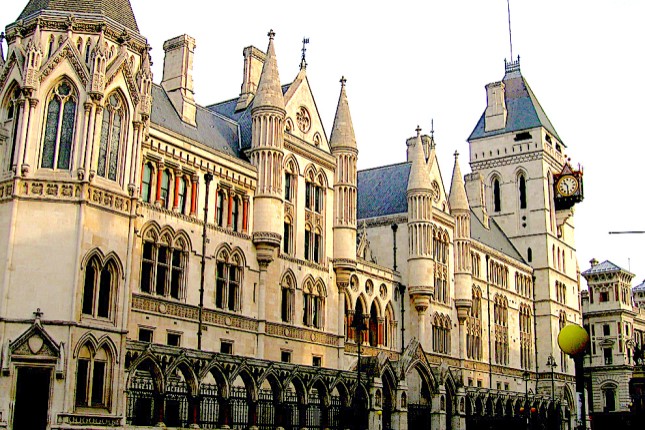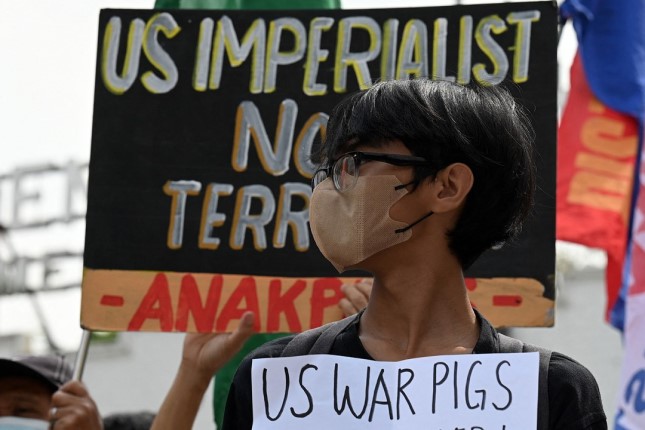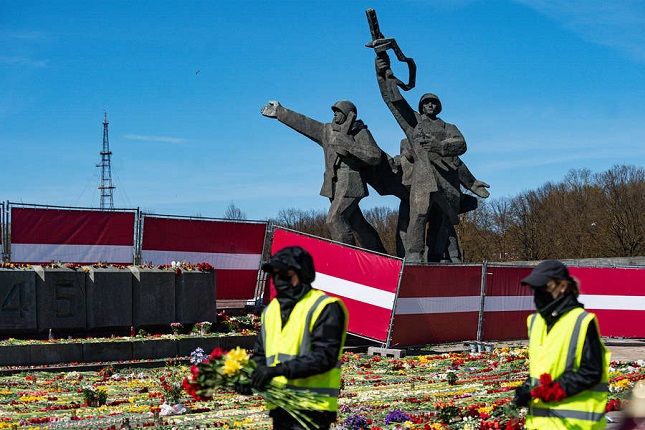On May 6, 2023, Charles III's coronation will occur in Westminster Abbey. There are already leaks in the British media that this will be an unusual ceremony. It will violate several centuries-old traditions, allowing us to draw some conclusions about how the world's oldest constitutional monarchy plans to change.
So, for the first time in more than 900 years, foreign monarchs will be invited to the coronation of the British King Charles III. For example, at the coronation of Queen Elizabeth II, there were only protectorate rulers like the Queen of Tonga. It is expected that coronation of Charles III may be attended by the kings of Jordan and Morocco, the sultans of Brunei and Oman, as well as royalty from Scandinavia.
Another expected violation of tradition: instead of silk stockings and breeches prescribed by the protocol, Charles III will wear military form for the coronation. Previous ideas about what a monarch should look like are "too outdated," while the king wants his coronation to represent a "modern monarchy of the 21st century," as The Sun describes, citing its court sources.
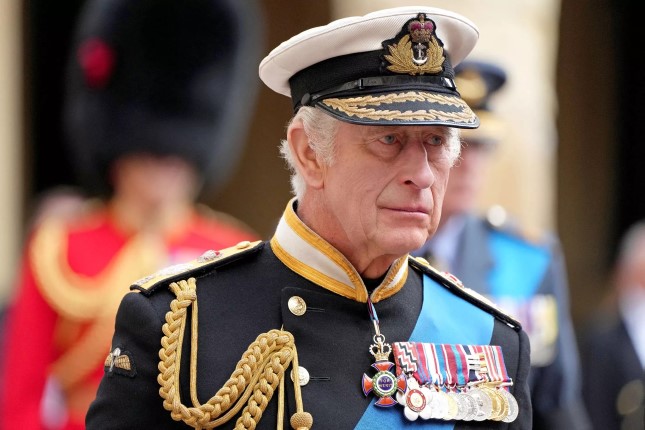
Prince Charles in military uniform at the funeral of Queen Elizabeth II.
Changing traditions is not unbelievable. After all, the previous coronation − that of Elizabeth II, mother of the current monarch − took place in 1952. That is, in a completely different era, which in many aspects was closer to the 19th century than to the present day. Colonial empires had just begun to disintegrate, men had not yet stopped wearing hats, and Swiss women had not yet received the right to vote.
Therefore, what is interesting is not the fact of a probable protocol change, but the direction of this change. Moreover, the British monarchy is perhaps the most sensitive to fundamental changes, and importance of these changes can be judged by the attention it pays to issues of global image and influence. And already now, two main trends can be distinguished − the aristocratization of international politics and the militarization of the monarchy's image.
Return of the King
Today, classical political institutions are in deep crisis, whether it's parliamentary systems in European countries or the Supreme Court in the US, when it comes to domestic politics; or organizations such as the UN, IAEA, WHO, UNESCO and OSCE, when it comes to international relations. The role and strength of states are changing, changing the balance of domestic and international relations.
In this context, old elites, which significantly lost their weight precisely during the heyday of states in the 20th century, are regaining their influence. And the British monarchy is at the forefront of this process. The likely invitation of foreign monarchs to the coronation of Charles III is, among other things, the adaptation of Britain to the new reality "after Brexit." It is clear that trying to build relations with the same European countries through the standard channels of interstate relations is not the way that Britain can go today. European Union itself is not in the best condition today, and after Brexit, it has a strong allergy to any attempts by the British to restore their presence on the continent.
This isolation of London would have been even tougher if not for the war in Ukraine. British leadership in conflict escalation allows London to maintain leverage on the continent.
But building relationships at the level of royal courts is an opportunity that remains and which can bring good results. This is especially true with Scandinavian countries, which for the most part, are also very skeptical about Brussels. For example, Norway is not a member of the EU, while Denmark and Sweden have not adopted the euro. All three countries are monarchies. And with Britain, in addition to Euroscepticism, they are also united by a strategic interest in the Arctic region.
Much has been said and written in the last twenty years about the forthcoming entry of the world into neo-feudalism − and now we see a clear manifestation of this process. Royal diplomacy is once again in demand. And it turns out to be at the forefront of foreign policy processes.
Aristocracy and War
In the rituals of almost any monarchy, military symbols are of great importance. This is natural: after all, war has always been the main royal occupation. Even when the monarchies became more decorative, the central element of their presence in the life of the state still turned out to be about military issues − guards of honour, parades, military academies, support for veterans. And all this is especially true for the British monarchy.
Hence, the current Duke of Sussex (Prince Harry), in his recently published book "Spare", admitted that during his second trip to Afghanistan, he killed 25 Taliban militants (Harry served in the British army for 10 years).
His military record even eventually allowed him to wear the uniform at the funeral of his grandmother, Elizabeth II.
Since he was excommunicated from the court after his scandalous marriage to Meghan Markle, he formally did not have the right to wear his military uniform. However, high-ranking officials close to Buckingham Palace decided to help the Duke of Sussex.
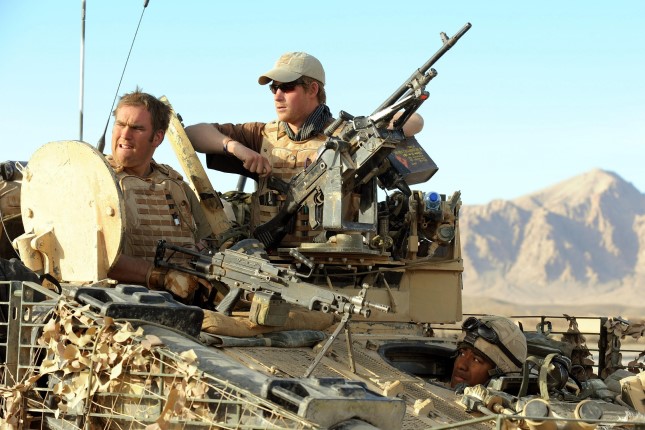
Prince Harry in Afghanistan.
"Duke of Sussex has served his country and is a highly respected member of the armed forces with everything he has done for veterans. It is important that the Queen's grandchildren are all made to feel welcome and comfortable as they grieve their beloved grandmother together", The Times wrote on this occasion, citing its sources.
Both revision of coronation traditions and allowing the former prince to wear his military uniform demonstrate the impressive readiness of the British monarchy to adapt to changes. In some hypothetical scenarios, this could also lead to Harry eventually ascending to the British throne. So far, though, this looks highly unlikely.
Formally, the Duke of Sussex lost his rights to the throne. But who knows, perhaps in twenty or thirty years, his marriage to a divorced American Megan will do more good than harm.
The world is rapidly changing, and the British are rather tired of the conservatism of Buckingham Palace than proud of it. An indicator of this is how modest the passing of Elizabeth II caused the response. The number of flowers brought to the palace fence was hundreds or even thousands of times less than after the tragic death of Princess Diana. It would seem that the British should be grateful to Elizabeth II, with whom the United Kingdom has worthily passed many tests. But, for some reason, the bright Diana etched into their hearts much deeper.
The British monarchy has learned this lesson and is ready to change. Therefore, surprises cannot be ruled out. Therefore, the title of the Duke of Sussex's book "Spare" should be taken as something more than just a successful marketing ploy.
